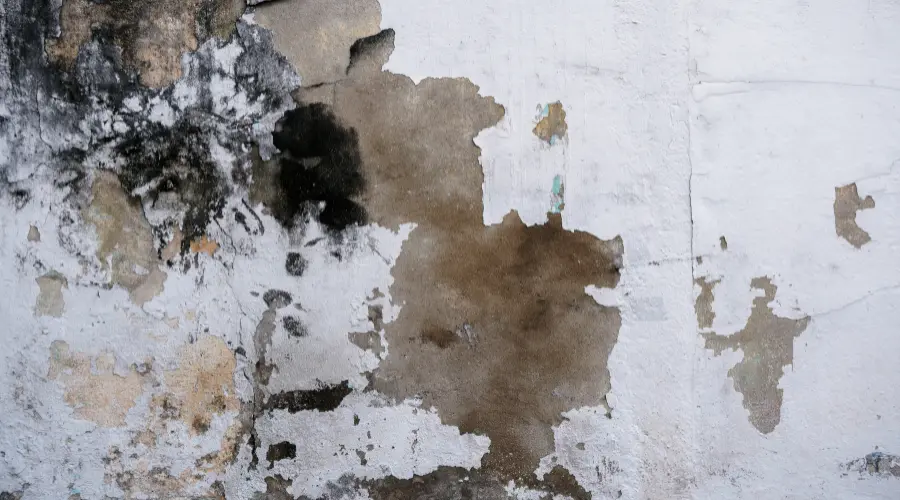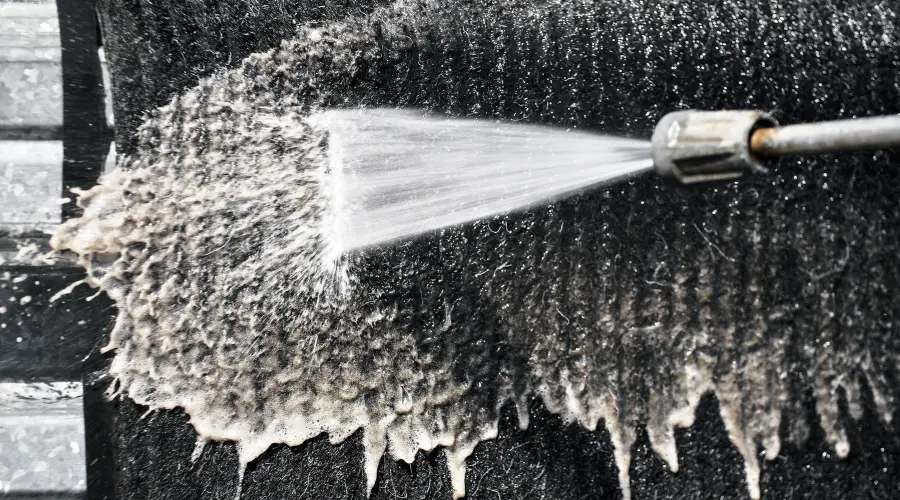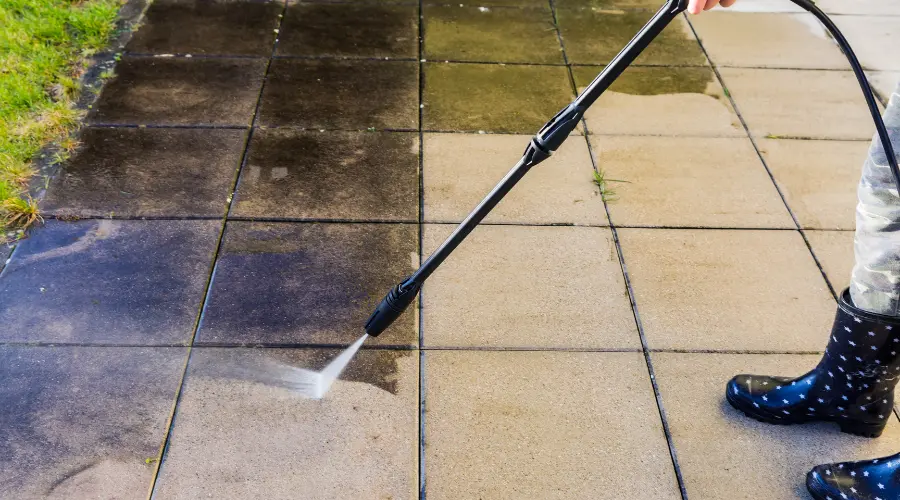Are old paint cans cluttering up your garage? Could you get rid of them safely? Our guide helps you responsibly dispose of old paint cans, protecting the environment and keeping your home safe.
Key Takeaways
- Environmental Impact: Proper disposal prevents soil and water contamination.
- Compliance: Follow regulations to avoid fines related to hazardous waste.
- Conservation: Donate or recycle usable paint to reduce waste and conserve resources.
- Options for Disposal: Find local recycling programs and collection events, or use professional services for safe handling.
Safely Saying Goodbye to Old Paint Cans: A Guide to Proper Disposal
When it’s time to clear out leftover paint cans from your last home project, it’s essential to do it correctly. Empty or partially filled paint cans are classified as household hazardous waste, meaning improper disposal can cause environmental harm. We’ll guide you through the process so you can be confident you’re making a positive choice for your space and the planet.
Why Choose Proper Disposal for Your Paint Cans?
Disposing of paint cans properly is more than a matter of getting rid of clutter. Here’s why it’s critical:
- Environmental Protection: Paint, especially oil-based, often contains chemicals like volatile organic compounds (VOCs) and sometimes even heavy metals. These chemicals can seep into the ground and water if they are not disposed of appropriately. harming ecosystems.
- Safety and Compliance: Improperly handled paint cans can lead to fines in areas with strict hazardous waste disposal regulations. Following local guidelines protects the environment and keeps you compliant and safe from penalties.
- Resource Conservation: Recycling or repurposing usable paint reduces waste and conserves resources. Donating usable paint or using local recycling programs gives new life to old products and reduces demand for new materials.
Step-by-Step Guide for Paint Can Disposal
1. Empty Paint Cans
If the paint can is empty, placing it in your regular recycling is typically safe. However, follow these steps for a hassle-free experience:
- Check with Local Recycling Centers: Not every recycling facility takes metal paint cans. Confirm first to avoid complications.
- Prepare the Cans: Remove the lid and let any residue dry before placing it in the recycling bin. This ensures the can is empty and won’t leak or cause issues during recycling.
2. Partially Filled Paint Cans
For cans that still contain paint, assess if the paint is usable. If not, follow these steps:
- Solidify the Paint: Mix an absorbent like cat litter or sawdust into the paint to solidify it. Once the paint is dry and solid, you can safely dispose of it with regular trash.
- Secure the Lid: Make sure the lid is on tightly to prevent any leaks during disposal.
3. Community Programs and Specialized Disposal Services
Depending on where you live, additional options may be available:
- Local Collection Events: Many communities host events where residents can drop off household hazardous waste, including paint cans. Contact your local waste management authority to learn more.
- Retailer Take-Back Programs: Certain home improvement stores offer take-back programs where you can return old paint cans for recycling. Call ahead to confirm if your nearby store participates.
- Professional Disposal Services: Some companies specialize in hazardous waste disposal, ensuring that materials are managed responsibly and in compliance with local regulations.
The Importance of Responsible Disposal
Environmental Impact: When you dispose of old paint responsibly, you help keep harmful chemicals out of the soil and water. Paints contain VOCs and heavy metals, which can harm plants, animals, and even groundwater, affecting communities and natural habitats alike.
Regulatory Compliance: Many regions have specific regulations regarding hazardous waste disposal. By following these guidelines, you reduce your risk of fines and penalties. Staying informed about your local disposal requirements makes compliance easy and reduces any potential stress around waste management.
Promoting Resource Conservation: Recycling or donating usable paint helps minimize waste and support community resources. Extending leftover paint’s life reduces demand for new production, conserving energy and resources. This small step has a cumulative positive effect on the environment.
Examples of Proper Disposal Solutions
1. Local Collection Events: Ideal for large quantities of old paint, collection events offer a one-stop solution for hazardous household waste. Check your local government’s website or waste management provider for dates and locations.
2. Retail Take-Back Programs: Many hardware or paint stores offer programs where you can bring back old cans. This convenient option can often be scheduled with your regular shopping trip.
3. Dedicated Hazardous Waste Disposal Services: Specialized services may be an investment, but they guarantee safe, compliant disposal of hazardous materials. This can be a practical and eco-friendly choice for businesses with frequent disposal needs.
Proper Paint Can Disposal FAQs
Q: Can I throw old paint cans in the trash?
A: Empty paint cans are usually safe for regular recycling, but check with your local waste authority. Partially filled cans should be solidified before disposal in regular trash.
Q: How do I know if my paint can be donated?
A: Donation is often an option if the paint is still fresh and hasn’t dried out. Many community organizations and charities accept paint in good condition.
Q: What if I can’t find a disposal program in my area?
A: Contact a professional disposal service if no local options are available. They ensure that paint is managed responsibly according to local regulations.
Q: Do I need unique bags or containers for disposal?
A: Generally, no. Regular trash bags are fine if your paint is thoroughly dried or solidified. If using a disposal service, they may provide specific containers or guidelines.
Q: How long can paint cans be stored safely?
A: Paint can last several years if stored in a cool, dry place. Check the label for specific storage guidelines, and ensure lids are tightly closed to prevent drying.
House Painting Services – Apex, North Carolina
Ready to clear out those old paint cans and do your part for the environment? Contact us today for expert guidance and options that make proper disposal easy and hassle-free. Whether you’re looking for local recycling programs or need help with hazardous waste, we support your safe disposal journey. Reach out to House Painting Services – Apex, North Carolina now and say goodbye to paint cans responsibly!







